Disinfection of surfaces in contact with food
TERMECA is a quick and effective disinfectant for the food industry and food packaging, it destroys a wide range of biofilms and microorganisms. TERMECA does not need to be cleaned, dried or washed, and it does not leave any toxic or dangerous residues on surfaces in contact with food

Due to their special role in the health of society, the food and dairy industries require high-level disinfectants. Therefore, industries (such as food factories, dairy and protein industries, production and packaging of dried fruits and vegetables, industries related to flour, bread, chocolate, compote and preserves, all kinds of sauces and vegetable oil, catering and prepared food companies) should use disinfectants for surfaces and equipment with a very strong and effective base, so that their products are free of any type of disease micro-organism.
According to the definition of the AOAC International Standards Institute, the disinfection standard for reducing the contamination of surfaces in contact with food is equal to the reduction of 99.999% of microbial objects (5 log reduction) within 30 seconds.
Common disinfectants in the dairy and food industries are generally ammonium disinfectants and acid disinfectants based on peracetic acid.
Ammonium industrial disinfectants are odourless. It is also easy to use and has a long antimicrobial effect. This type of disinfectant can be used to eliminate bad odours and grease without using heat. This material can be used for 60 days if opened, and if diluted, it can still be used for 24 hours.
Acidic disinfectants based on peracetic acid are fragrant substances. Through the high acetic acid base is a very strong disinfectant, a strong pathogen reducer, and a high-level disinfectant. It is used to destroy Gram-positive, Gram-negative, bacteria, viruses, fungus, molds and algae on all surfaces.
This substance is dissolved in water with different percentages for disinfecting, disinfecting food processing surfaces, equipment in factories, food packaging and processing units. This substance can be used for sixty days if opened and if it is diluted, it can still be used for up to 24 hours.
Although the above-mentioned disinfectants are very effective, in addition to their corrosive property in metals (corrosion on equipment and machinery and their sealing parts) and their short expiration date, they have health hazards for humans on surfaces in contact with food, which makes their use doubtful. Because the chemicals used in them may cause various diseases in users in the food industry. Respiratory diseases (including occupational asthma), eye and skin irritation, disorders in the central nervous system and among the most important side effects of using these substances. In addition, some of these products contain persistent, biodegradable and toxic chemicals that are classified as hazardous waste.
TERMECA is an effective disinfectant for food industry equipment, it is very effective in a wide range of temperatures, including low temperatures up to 4 degrees Celsius. After use, it does not need to be cleaned, dried or washed, and it does not leave any toxic or dangerous residues in food and surfaces, as a result, it does not cause any change in the smell, taste and taste of the food product.
Furthermore, TERMECA does not have corrosive properties in proper concentration and storage conditions, so it is easily used on the metal surfaces of food industry equipment. Besides, it does not cause Sediments in food industry equipment. This disinfectant is water-based and with high degradability and reduced water consumption, it is an environmentally friendly product.
TERMECA is used in COP and CIP systems, machines, production and packaging equipment and tools, floor, walls, tables and chairs, equipment susceptible to biofilm formation, fogging, containers and production and packaging equipment, cutting boards, transfer pipes, tanks, pasteurizers.
According to the definition of the AOAC International Standards Institute, the disinfection standard for reducing the contamination of surfaces in contact with food is equal to the reduction of 99.999% of microbial objects (5 log reduction) within 30 seconds.
Common disinfectants in the dairy and food industries are generally ammonium disinfectants and acid disinfectants based on peracetic acid.
Ammonium industrial disinfectants are odourless. It is also easy to use and has a long antimicrobial effect. This type of disinfectant can be used to eliminate bad odours and grease without using heat. This material can be used for 60 days if opened, and if diluted, it can still be used for 24 hours.
Acidic disinfectants based on peracetic acid are fragrant substances. Through the high acetic acid base is a very strong disinfectant, a strong pathogen reducer, and a high-level disinfectant. It is used to destroy Gram-positive, Gram-negative, bacteria, viruses, fungus, molds and algae on all surfaces.
This substance is dissolved in water with different percentages for disinfecting, disinfecting food processing surfaces, equipment in factories, food packaging and processing units. This substance can be used for sixty days if opened and if it is diluted, it can still be used for up to 24 hours.
Although the above-mentioned disinfectants are very effective, in addition to their corrosive property in metals (corrosion on equipment and machinery and their sealing parts) and their short expiration date, they have health hazards for humans on surfaces in contact with food, which makes their use doubtful. Because the chemicals used in them may cause various diseases in users in the food industry. Respiratory diseases (including occupational asthma), eye and skin irritation, disorders in the central nervous system and among the most important side effects of using these substances. In addition, some of these products contain persistent, biodegradable and toxic chemicals that are classified as hazardous waste.
TERMECA is an effective disinfectant for food industry equipment, it is very effective in a wide range of temperatures, including low temperatures up to 4 degrees Celsius. After use, it does not need to be cleaned, dried or washed, and it does not leave any toxic or dangerous residues in food and surfaces, as a result, it does not cause any change in the smell, taste and taste of the food product.
Furthermore, TERMECA does not have corrosive properties in proper concentration and storage conditions, so it is easily used on the metal surfaces of food industry equipment. Besides, it does not cause Sediments in food industry equipment. This disinfectant is water-based and with high degradability and reduced water consumption, it is an environmentally friendly product.
TERMECA is used in COP and CIP systems, machines, production and packaging equipment and tools, floor, walls, tables and chairs, equipment susceptible to biofilm formation, fogging, containers and production and packaging equipment, cutting boards, transfer pipes, tanks, pasteurizers.









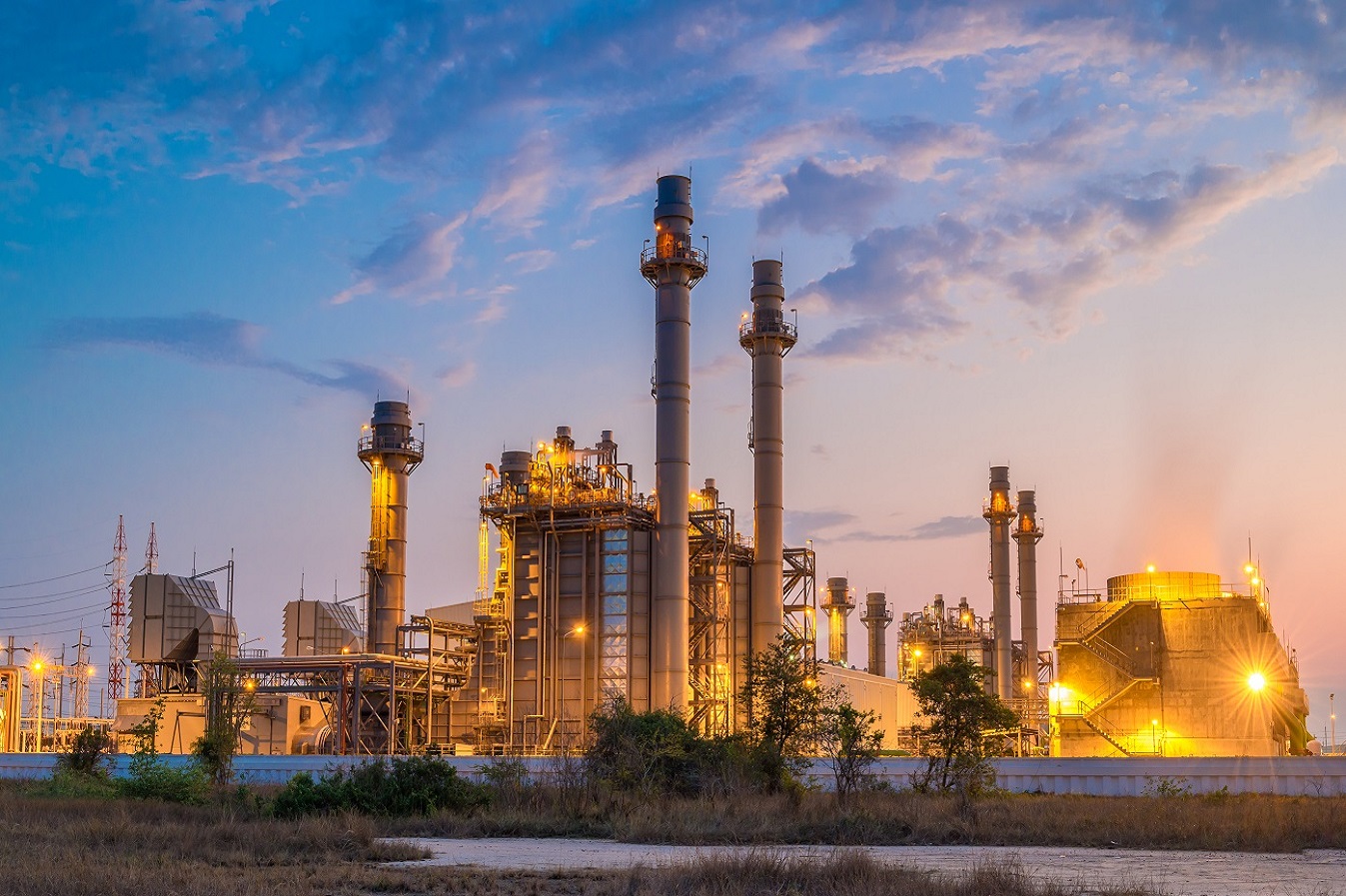
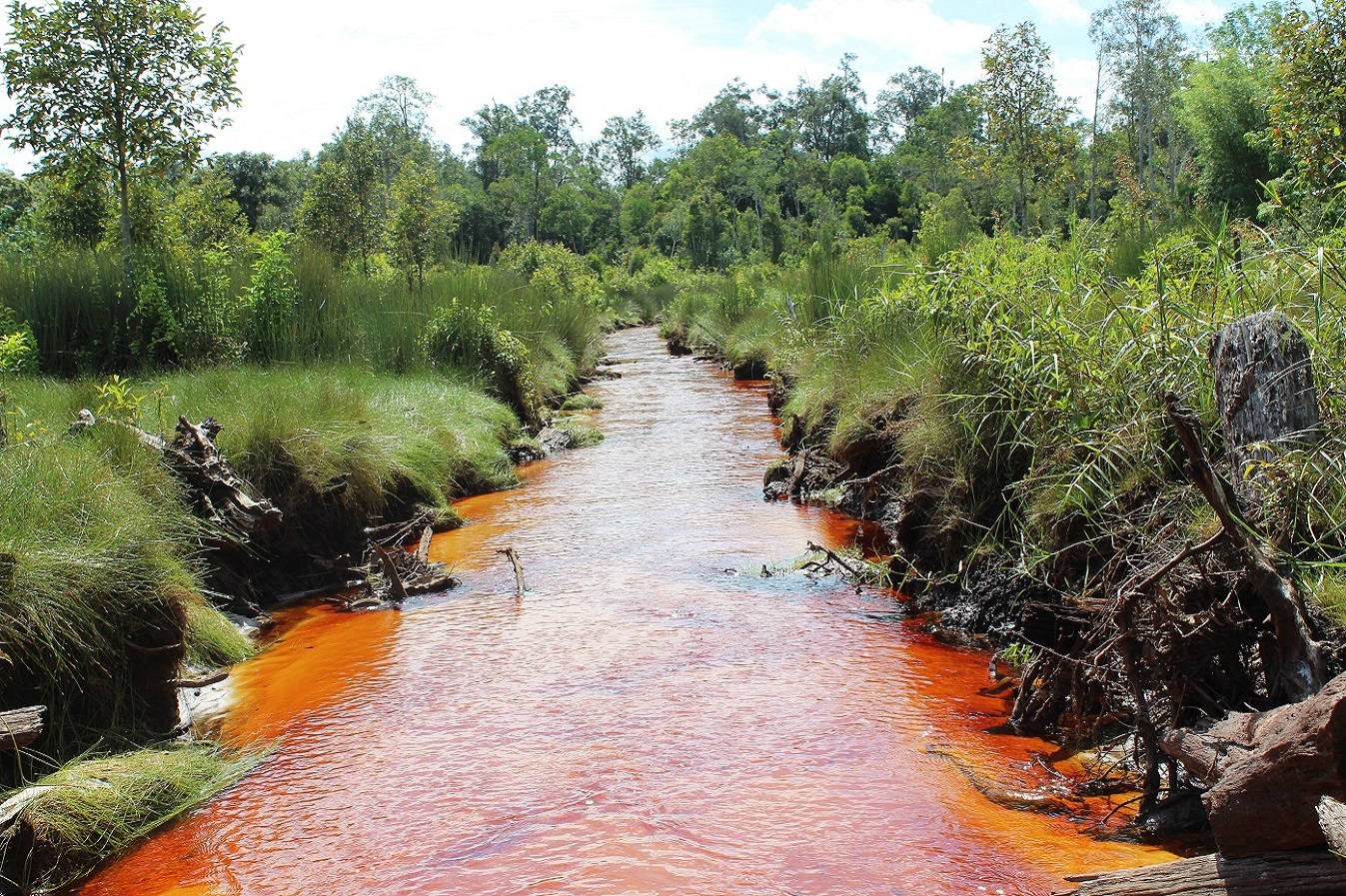
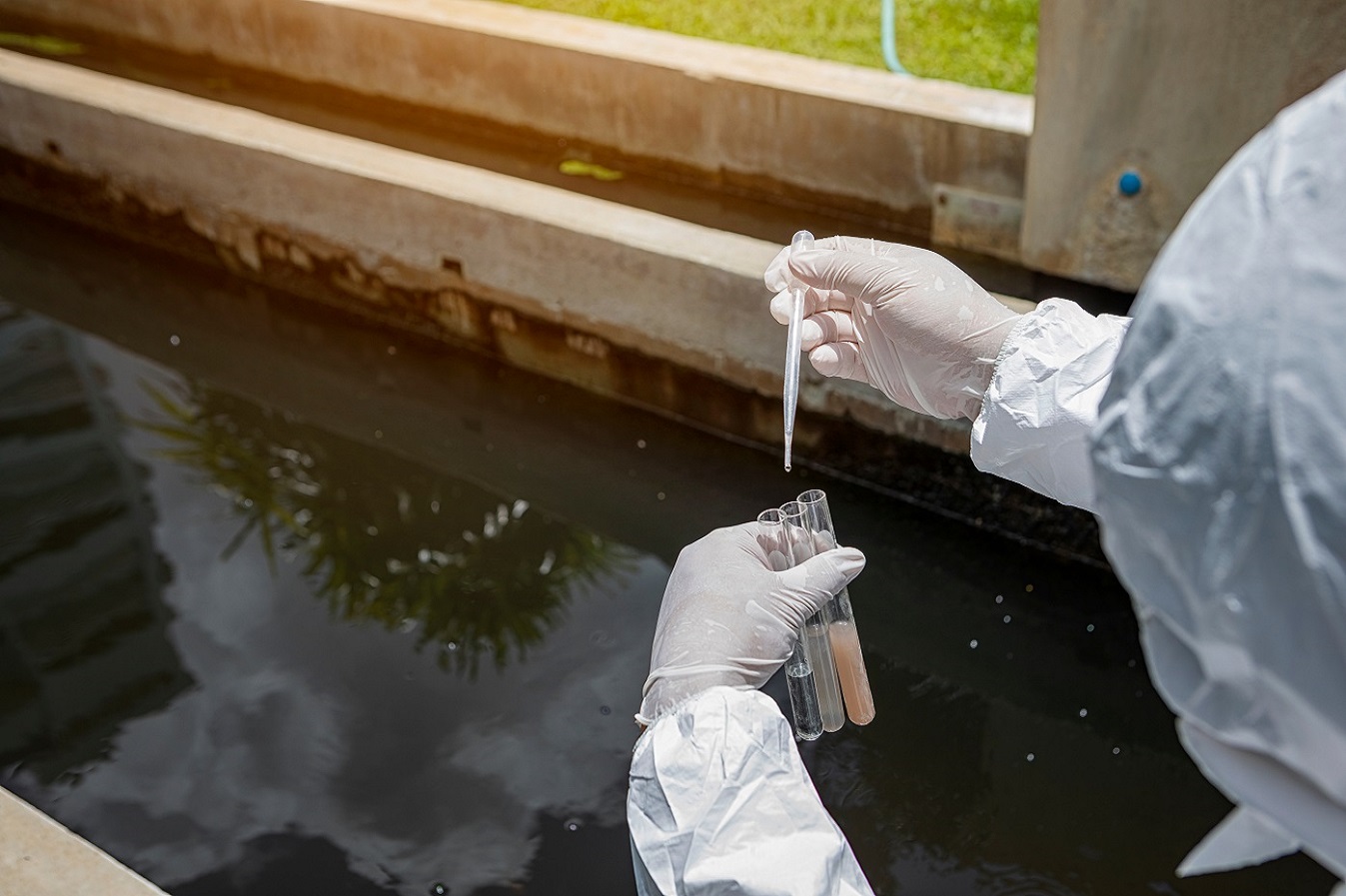

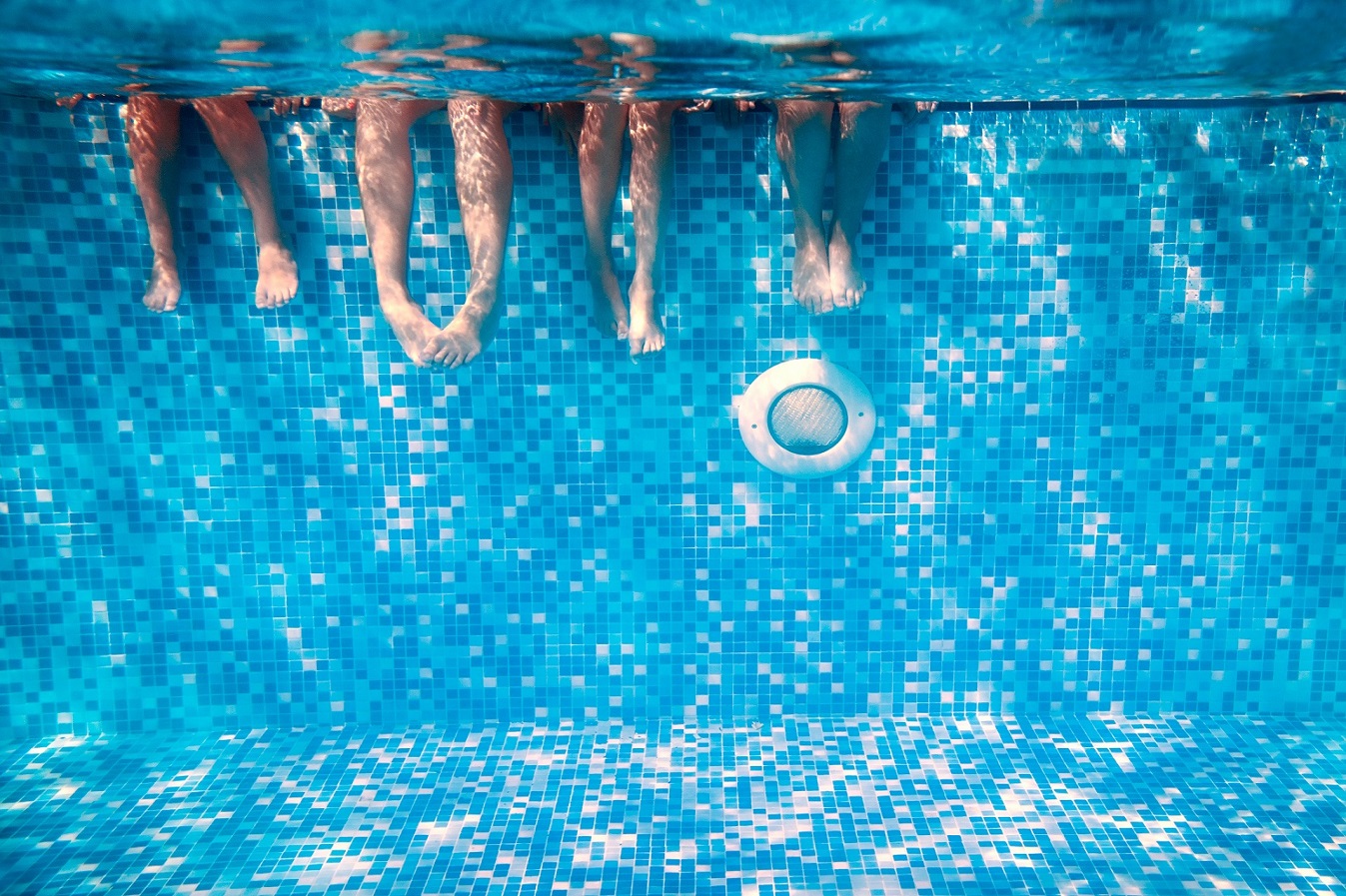
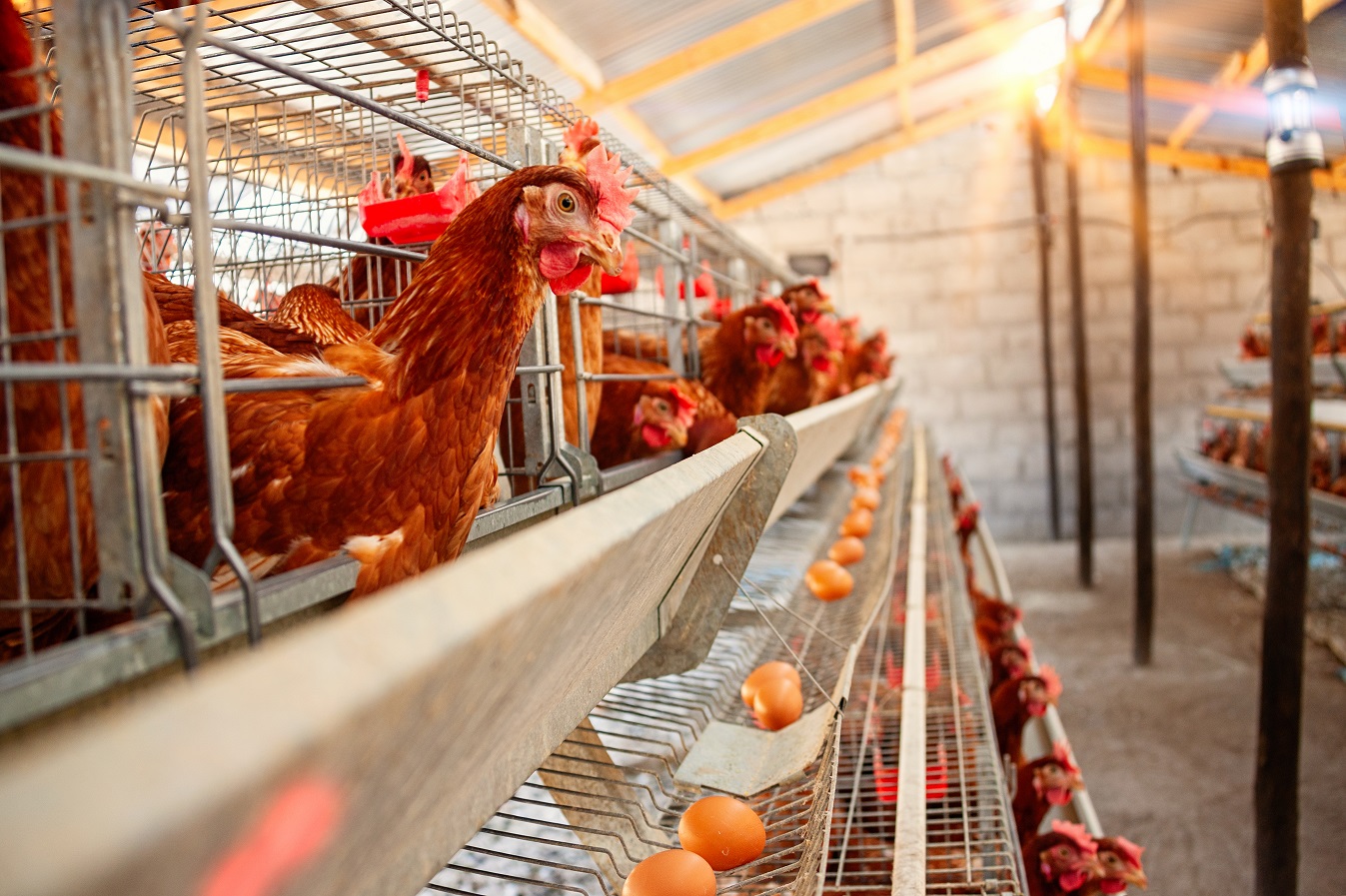

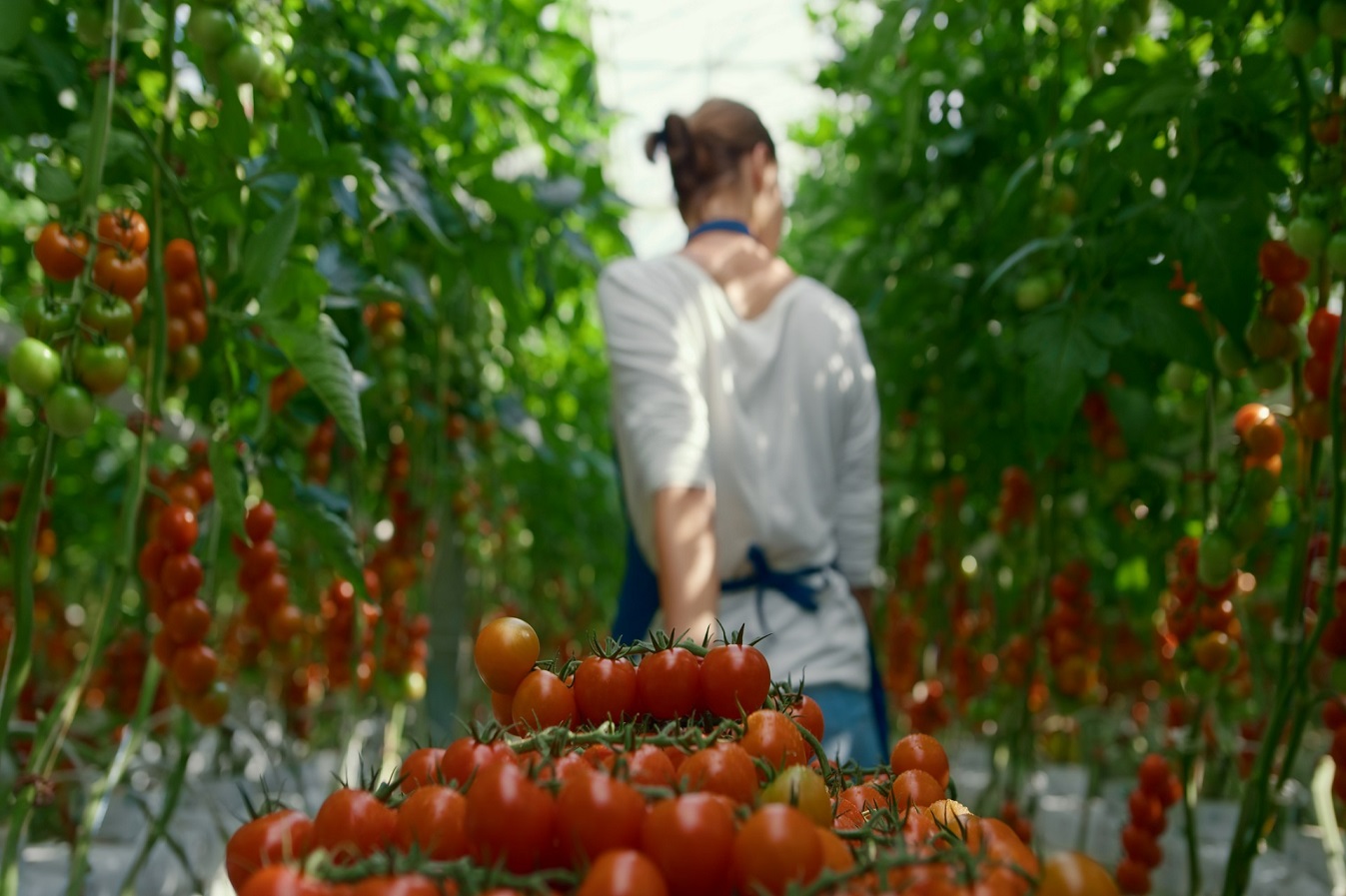
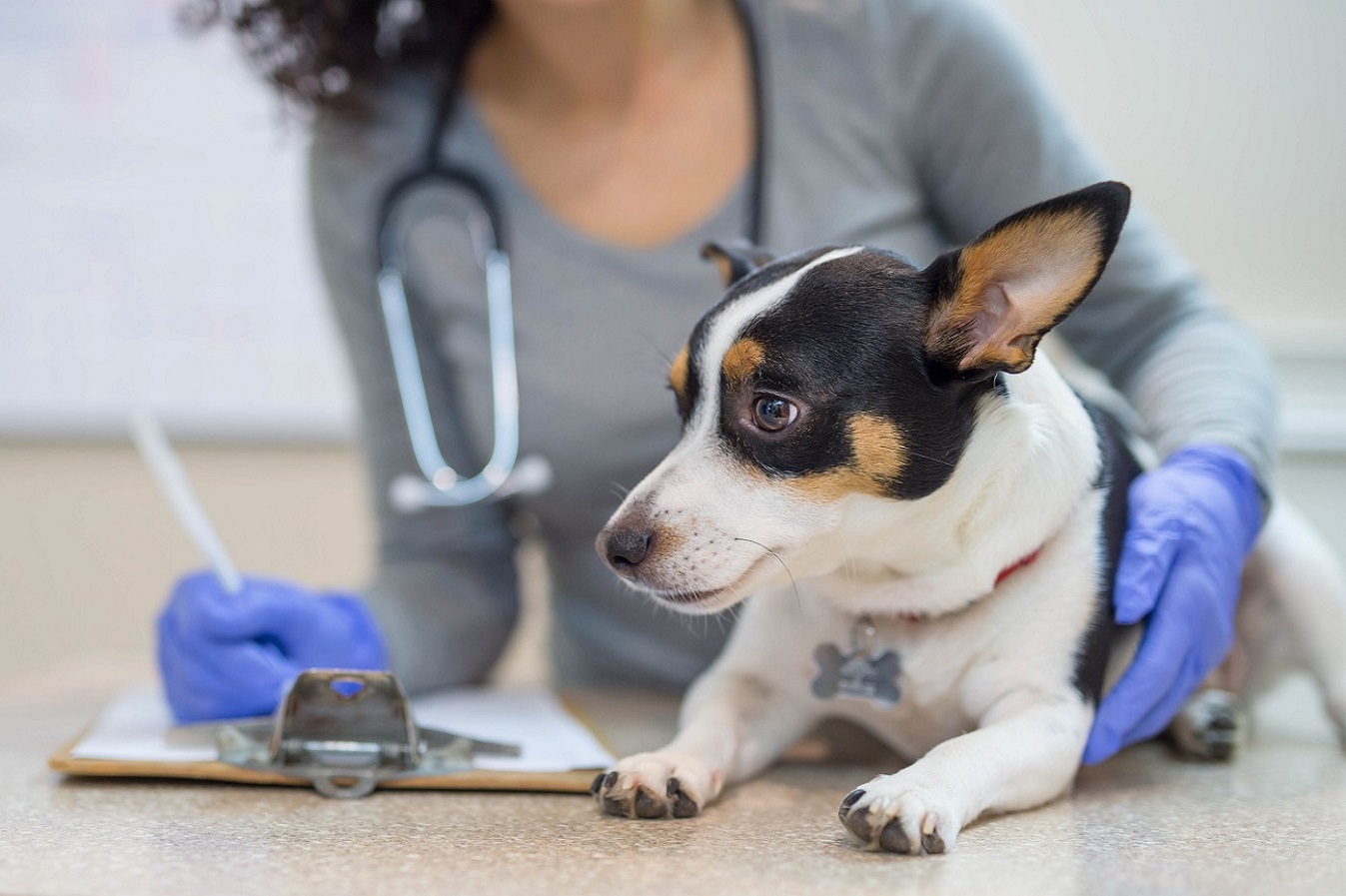
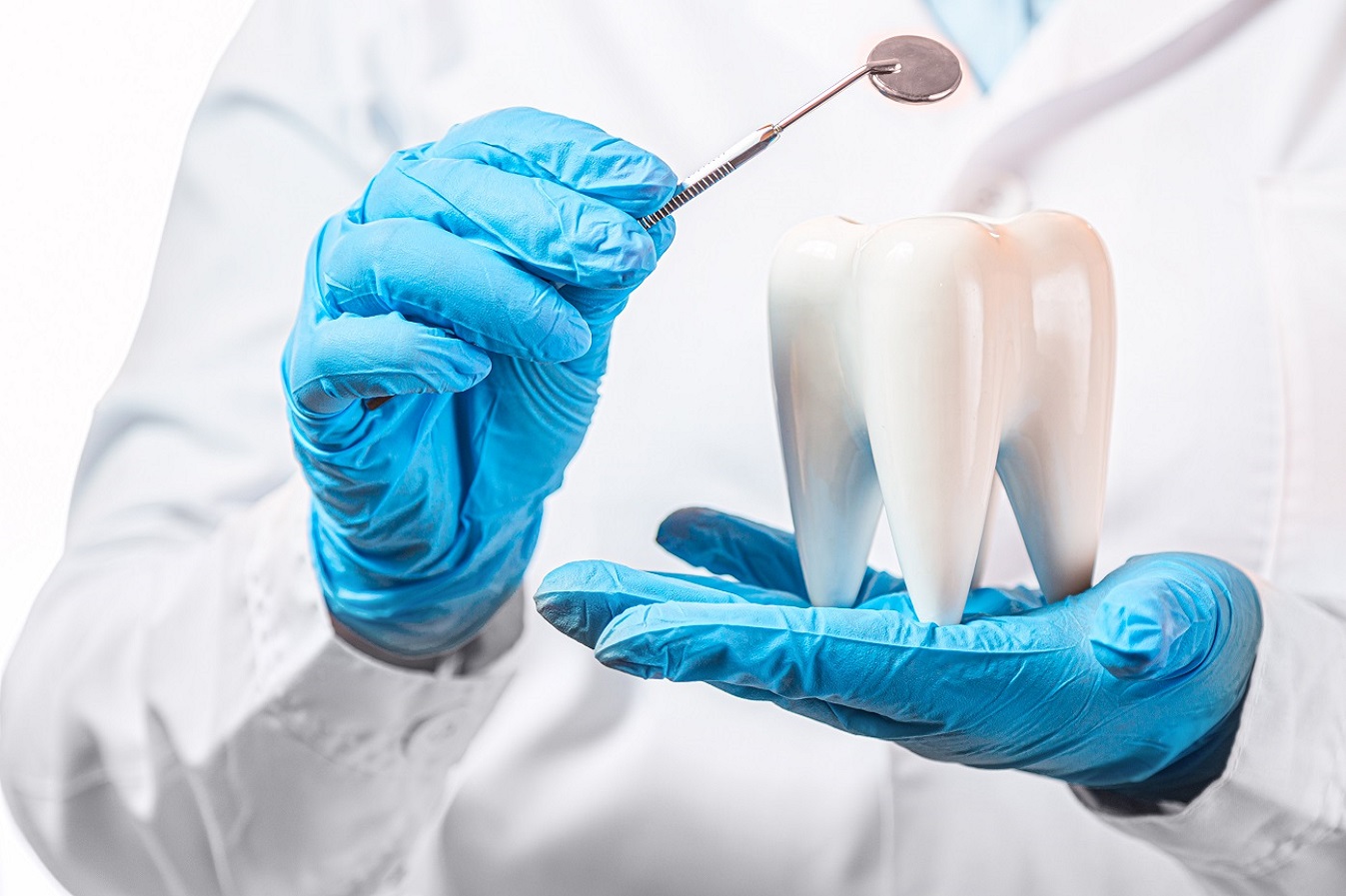

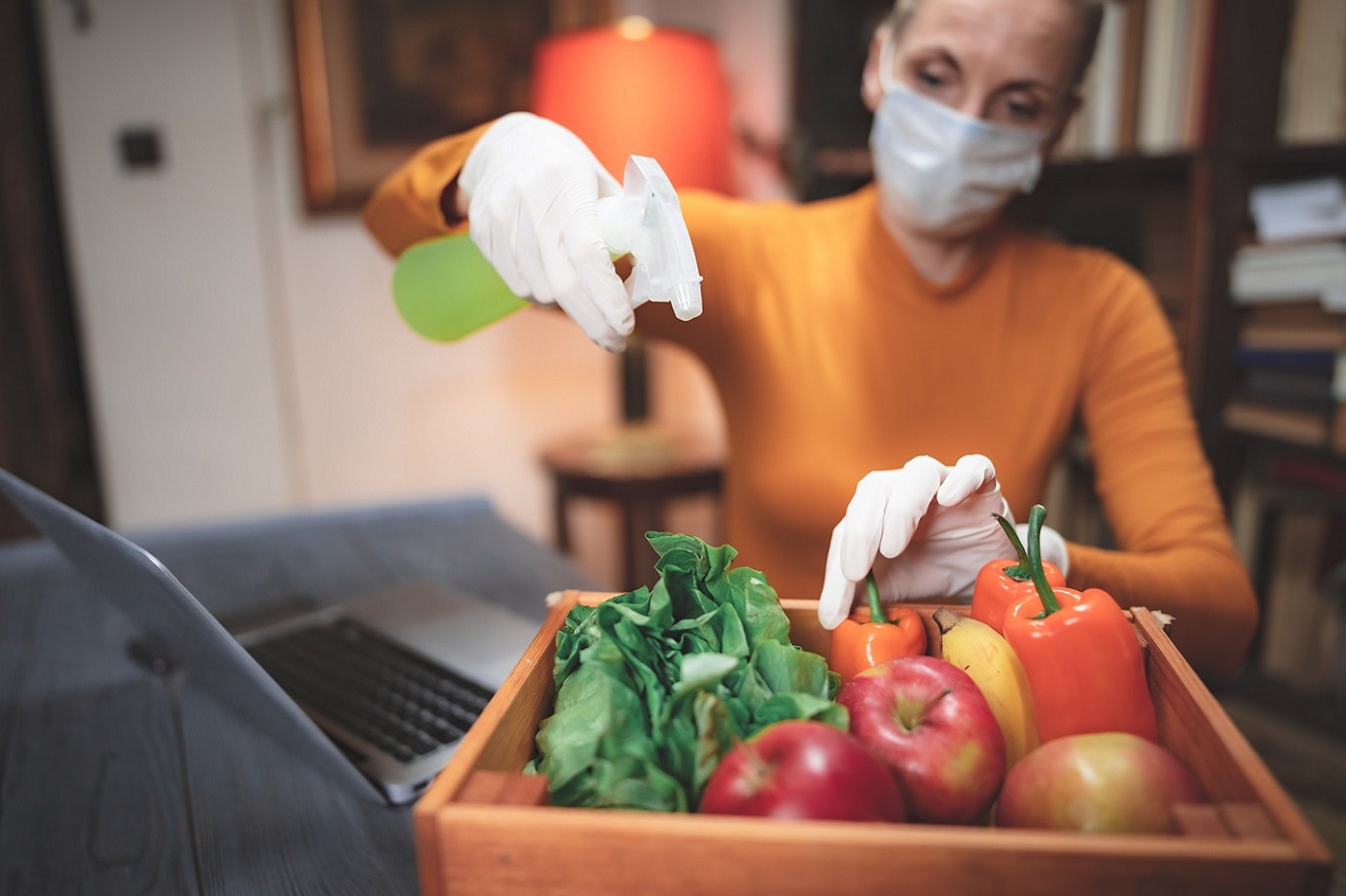
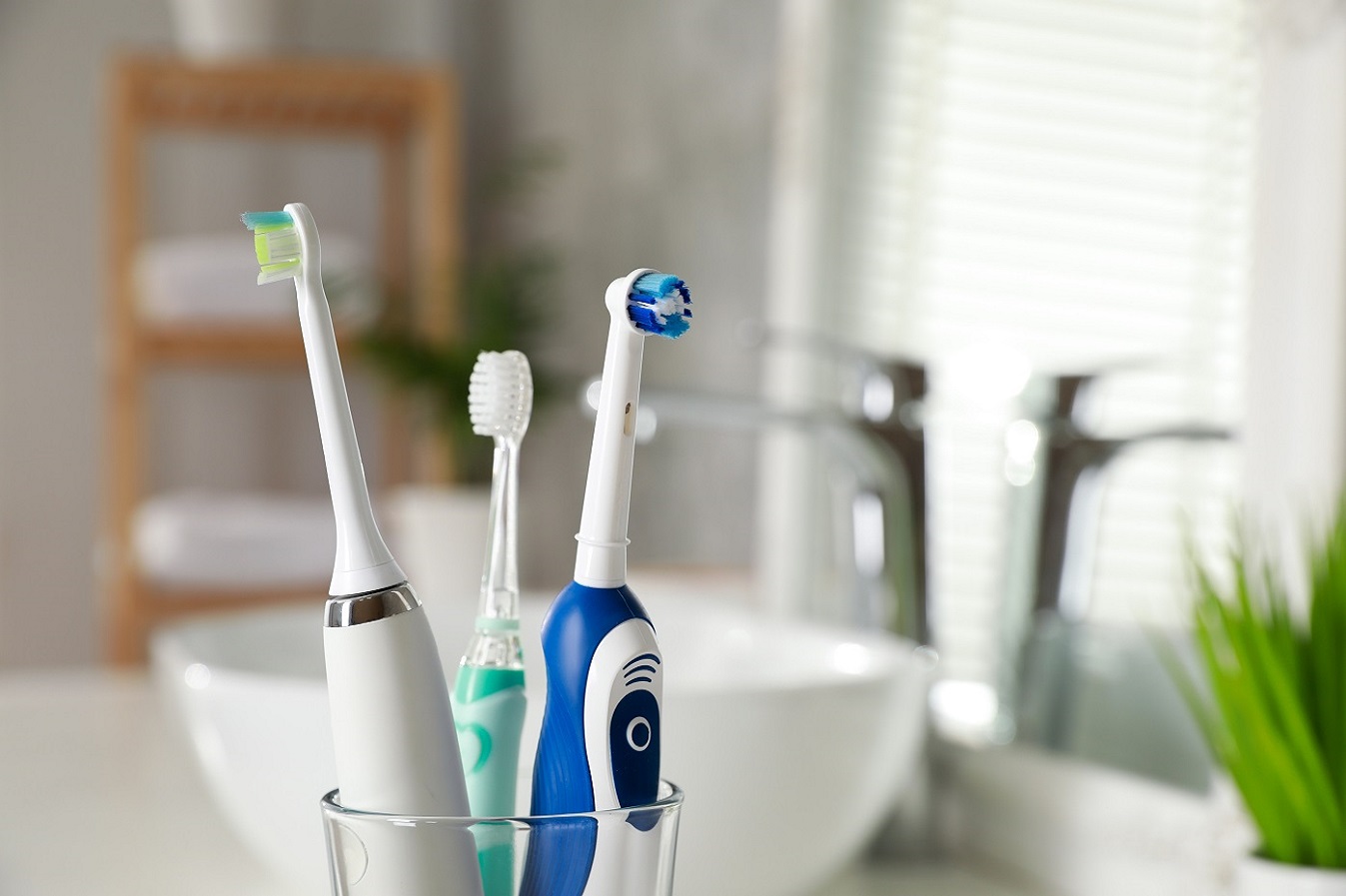
_1.jpg)